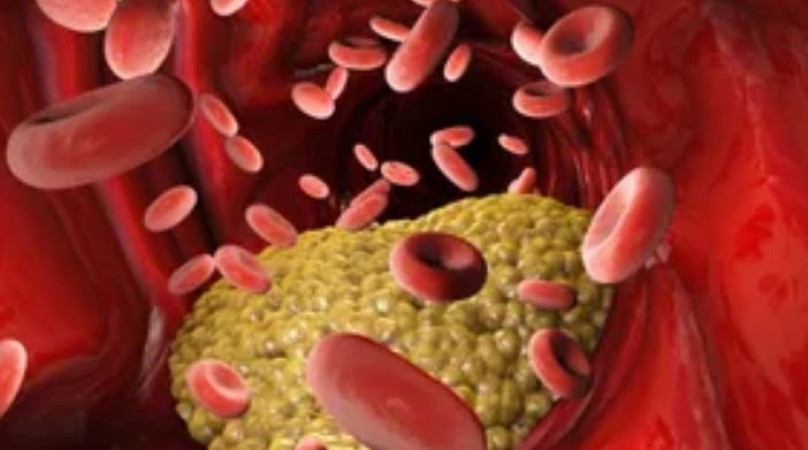
Maintaining healthy cholesterol levels is essential for your overall well-being. While medications can help, there are several natural and easy-to-implement lifestyle changes that can effectively lower cholesterol levels. By making these adjustments, you can take control of your health and reduce the risk of heart-related issues. Let's dive into five practical recommendations that can make a significant difference.
Replace Saturated Fats with Unsaturated Fats
Start by making smart fat choices. Opt for unsaturated fats, such as those found in olive oil, avocados, and nuts. These fats can actually improve your cholesterol profile by increasing the "good" HDL cholesterol and lowering the "bad" LDL cholesterol. Swap out butter for olive oil when cooking, and snack on a handful of nuts instead of processed snacks.
Incorporate More Soluble Fiber
Fiber is a true champion when it comes to lowering cholesterol. Soluble fiber, in particular, binds to cholesterol in your digestive system, preventing it from being absorbed into your bloodstream. This leads to reduced LDL cholesterol levels. Load up on foods like oats, beans, lentils, fruits, and vegetables. Aim for at least 25-30 grams of fiber per day for optimal results.
Prioritize Physical Activity
Exercise isn't just great for your waistline; it's also a powerful tool for managing cholesterol. Aim for at least 150 minutes of moderate-intensity aerobic activity or 75 minutes of vigorous-intensity activity per week. Whether it's brisk walking, jogging, swimming, or cycling, regular exercise can raise HDL cholesterol while lowering LDL cholesterol.
Practice Portion Control
Watching your portion sizes can have a big impact on your cholesterol levels. Overeating can lead to weight gain, which in turn can negatively affect your cholesterol profile. Additionally, be mindful of your food choices. Limit your intake of processed and fried foods, as they often contain trans fats that can raise LDL cholesterol.
Say No to Smoking and Limit Alcohol
Smoking damages blood vessels and lowers "good" HDL cholesterol. If you smoke, quitting is one of the best gifts you can give to your heart. Additionally, while moderate alcohol consumption may have some heart benefits, excessive drinking can raise triglyceride levels and contribute to high cholesterol. If you choose to drink, do so in moderation.
Lowering cholesterol levels without medication is very much within your reach. By making these five lifestyle changes, you can take charge of your cardiovascular health and reduce the risk of heart disease. Remember, small adjustments can lead to significant improvements. Start by incorporating heart-healthy fats, embracing high-fiber foods, staying physically active, minding your portions, and saying no to smoking and excessive alcohol. Your heart will thank you for it!
7 Indoor Plants for a Healthy and Vibrant Home
Find 10 Superfoods To Lower Bad Cholesterol Levels
Bad Cholesterol Tips: What To Do When High Cholesterol Runs In Your Family